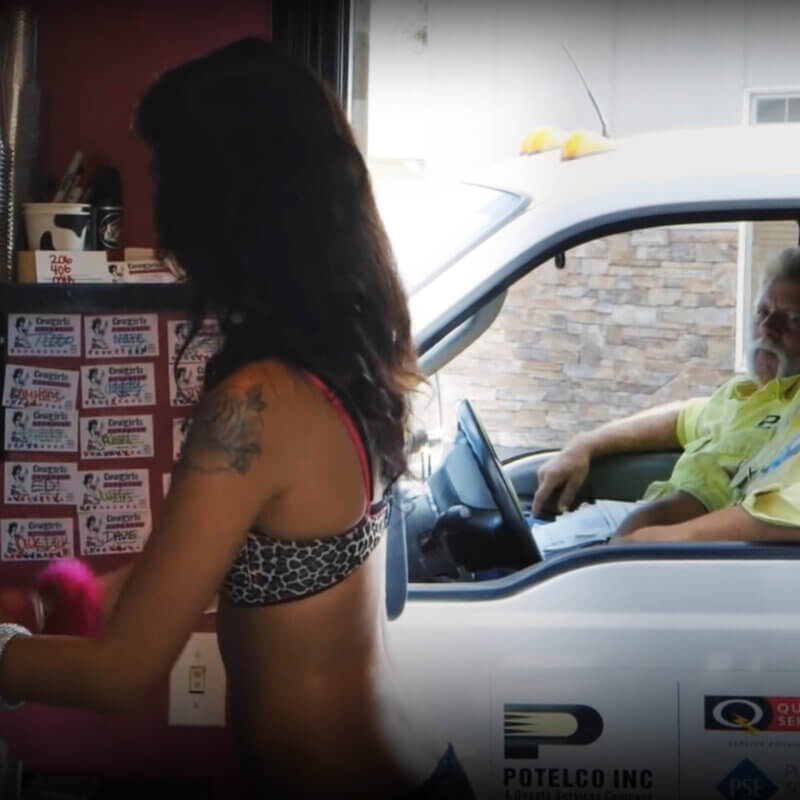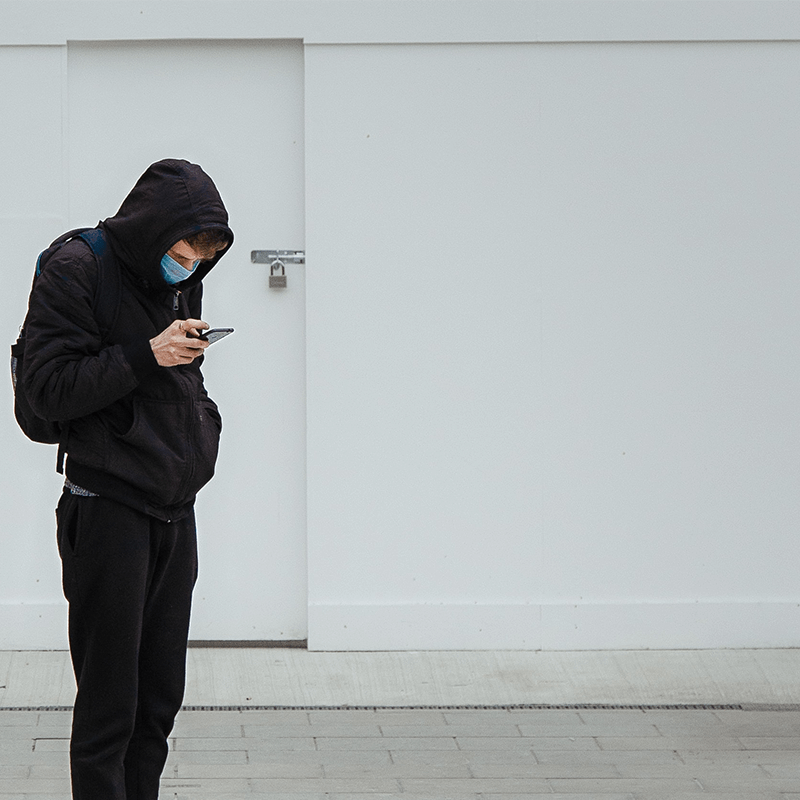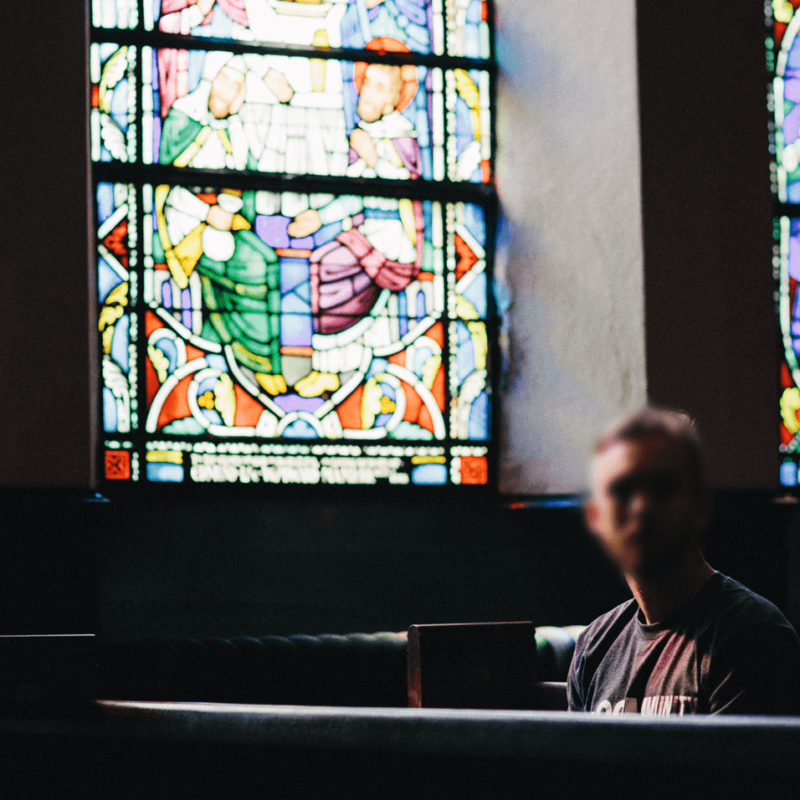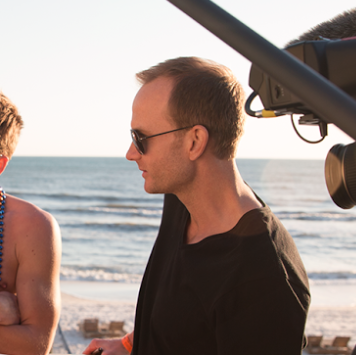

Despite bipartisan consensus that sex trafficking is a moral crisis, our laws continue to target the supply side—traffickers, pimps, and victims—while largely ignoring the demand. In nearly every jurisdiction, men who buy sex remain the least visible, least prosecuted participants in the commercial sex trade.
That blind spot is sustaining a global industry of exploitation.
I’ve spent the last decade interviewing dozens of men who have paid for sex. These weren’t hardened criminals. Many were middle-class professionals—teachers, engineers, CEOs.
What became clear through these raw conversations is that most of them didn’t start out looking to exploit someone. But over time, something shifted. An unraveling of empathy. A loss of conscience. A growing hunger for domination, disguised as desire.
Some of them crossed into purchasing sex without ever asking whether the person they were paying was trafficked, underage, or coerced. Others admitted they wouldn’t have cared. The assumption was: if she’s there, it must be her choice.
But that logic dissolves quickly when you hear from survivors, many of whom were sold 10, 15, even 20 times a night. Their stories are full of violence, trauma, and the devastating consequences of being treated like a disposable product.
READ: I Was a Sex Buyer. Here’s Why We Must End the Demand
This isn’t a fringe problem. In the United States, one in five men has paid for sex. In Germany, 1.2 million sex acts are purchased daily. In Thailand, up to 75 percent of men—including tourists—participate.
These numbers are not driven by organized crime alone; they’re sustained by ordinary men making unregulated, mostly consequence-free choices.
Legislation has failed to catch up with this reality. We have federal task forces aimed at prosecuting traffickers and local ordinances targeting women on the street. But buyers are often processed with little more than a fine. That approach ignores the economic laws of supply and demand.
If you don’t reduce demand, supply will always regenerate regardless of how many stings, raids, or rescues take place.

It’s time for lawmakers to pass legislation that makes sex buying a felony offense. Criminal penalties should match the harm being caused. Because right now, they don’t.
The cultural drivers behind this epidemic are also worth examining. Most of the men I interviewed were first exposed to porn between the ages of 8 and 11. Many described it as their only sex education.
A curriculum that increasingly features aggression, domination, and the erasure of female consent. It’s no surprise that these early scripts shape later behavior, particularly in a culture that normalizes commodified intimacy.
READ: Is Porn Harmful?
We explore these patterns in our new documentary, Buying Her, which follows several men from first exposure to pornography through to their eventual purchase of sex.
The film doesn’t offer easy answers but it does offer clarity: if we want to dismantle the trafficking industry, we have to start with the men keeping it alive.
Until we treat demand as the crisis it is, sex trafficking will remain a chronic, self-renewing problem. Helping survivors is essential—but preventing exploitation in the first place is the only path to lasting change.
Learn more about the End Demand campaign and sign the petition below.
—Benjamin Nolot is the founder and CEO of Exodus Cry and director of Buying Her.

Join the movement!
Subscribing to our email list connects you with the heartbeat of the movement to end commercial sexual exploitation.





